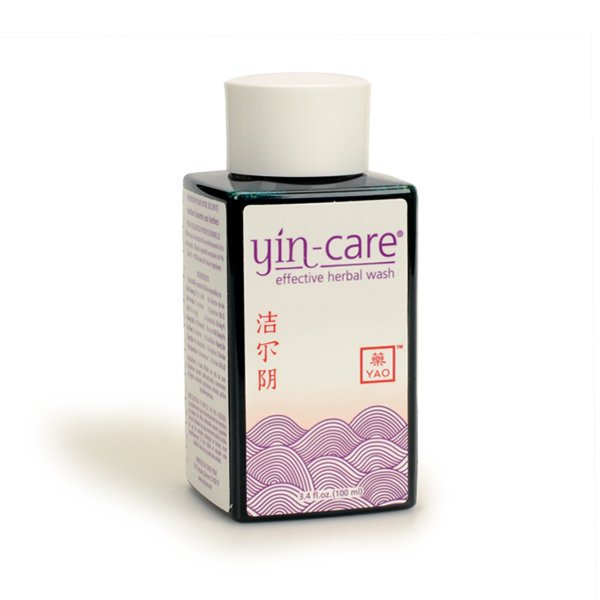curing colds and flu considered: shall we go the antibiotic way?
/Every winter I get back to thinking about taking care of colds and flu/winter respiratory challenges. Nearly all of the patients walking through our doors are either currently sick, just over something, nursing a family member or two, or about to be the next ‘victim’. The percentages are down, but I still can't be happy with the number of times patients say they went the antibiotic way as a remedy for themselves or for someone in their family. New patients ask if acupuncture and Chinese herbal medicines can get them healthy and keep them healthy and protected even though their question comes with a bit of doubt (which I attribute to needed information and experience). The answer is YES! I tell them we'll remedy things this time and for next time, let's get prepared.
Being prepared means knowing how to take care of what comes our way. Being prepared means stocking the medicine cabinet and first aid kit well. We CAN depend on ourselves to take care of ourselves. Being prepared will prevent us from getting all-out sick most of the time.
Taking quick action with proper remedies will definitely ward off becoming really sick and most certainly it will help us get through things as quickly as possible. There are enough TCM/OTC Cold and Flu Patent Medicines to resolve nearly every cold or flu sign or symptom. More than enough to seriously reduce panic, confusion and unneeded trips to the emergency clinic or doctor’s office where the most-often-prescribed go-to-fix-for-everything-that-ails-us is the antibiotic. There may be a learning curve to replacing one way with another, but it’s one worth following. There is a lot of discussion and data out in the world today about antibiotics and alternative medicinal choices. I'd like to join that chorus and hopefully make the case a little stronger and maybe help convince...
Shall we go the antibiotic way?
What are antibiotics for? They are for killing BACTERIA.
What are bacteria for? The (good) bacteria that live in your gut (digestive system) are the field workers that digest and glean so many nutrients from your food. Then there are the ‘bad’ guys, the ones that carry some really dangerous diseases: strep throat, salmonella, scarlet fever, tetanus, tuberculosis, urinary tract infections. (Did you see ‘colds’ or ‘flu’ on the list?) The ‘good’ ones do A LOT of good. Some produce enzymes that breakdown plant cell walls which won’t give up their valuables unless they are broken. (In other words we wouldn’t be getting anything from all the vegetables that we eat.) Some bacteria synthesize vitamins that are difficult to obtain from food like K and some of the B vitamins. There are bacteria that maintain the proper pH in order for the digestive tract to stimulate and maintain the immune system. There are ‘good’ bacteria that increase the white blood cells, T-cells, which are immune system supporters. Some bacteria break down drugs. Some regulate hormones. And others expel detrimental environmental and cancer-causing substances.
Staphylococcus aureus Bacteria
When we take antibiotics into our systems, we are effectively going for total annihilation. Is that what we really want? Kill all the bad and the good along with them? When we consider what good the beneficial bacteria do, it’s hard to justify this method as an everyday remedy.
But there’s more to it if we are out to cure by killing bacteria.







